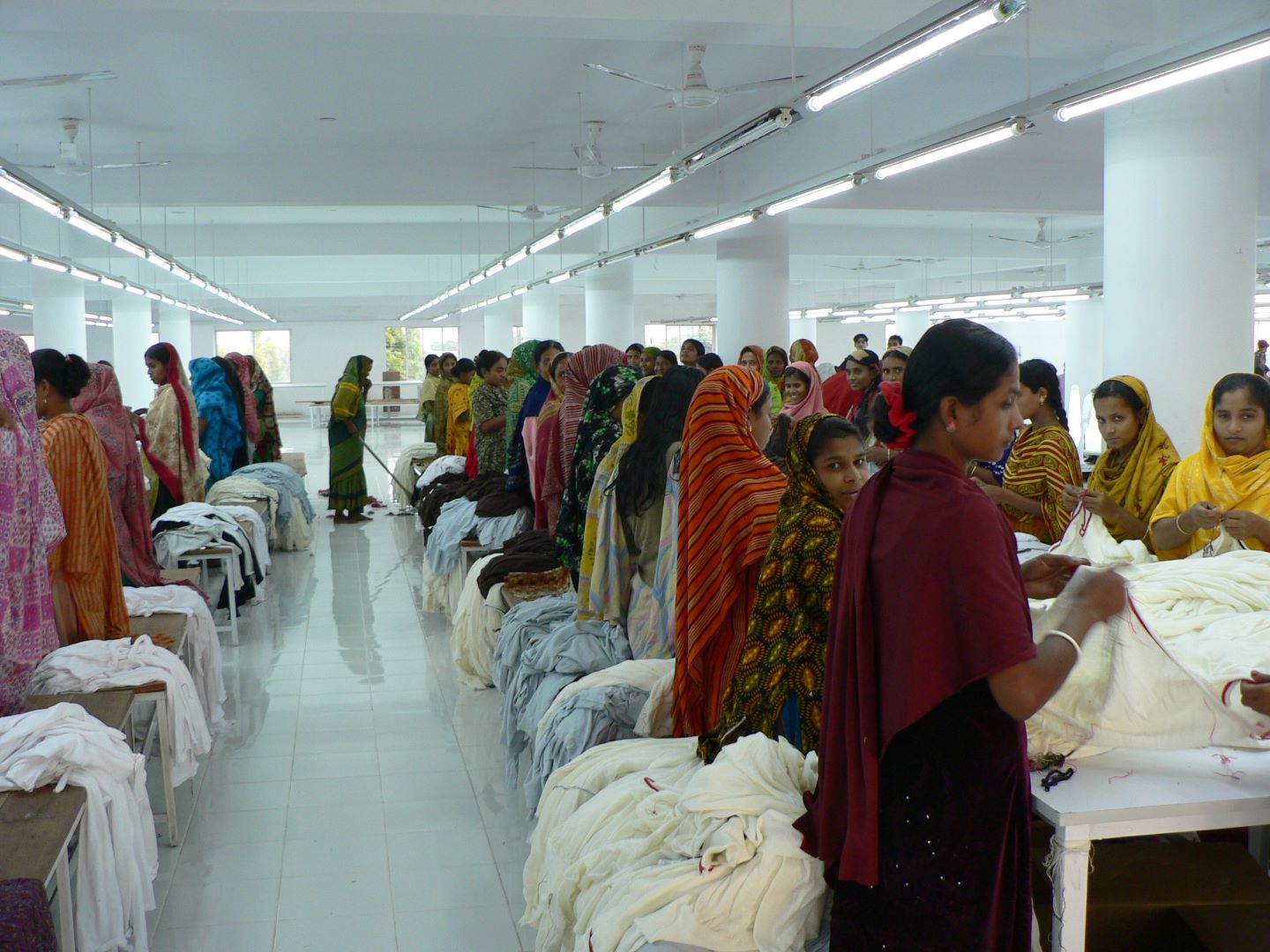
Readymade garment (RMG) makers in Bangladesh are being encouraged to explore new export markets, modernise production processes and upskill workers as the central bank of Bangladesh warns the sector could see challenges over the next year on the back of global economic turbulence.
The RMG sector in Bangladesh is a significant contributor to the country’s economy, contributing 10.35% to its GDP in FY23.
In its quarterly review of the readymade garment sector, Bangladesh Bank noted export targets had been missed by 1.49% for the July-September period of FY24.
Total export earnings during the period were US$11.6bn with the US, Germany, UK, Spain, France, the Netherlands, Italy, Canada and Belgium the top importing countries of Bangladesh readymade garments.
But the report pointed out the RMG sector has experienced the effects of a spate of challenges recently including domestic political unrest, geopolitical conflicts, energy price hikes, cotton price fluctuations, the Covid pandemic and the EU-Vietnam Free Trade Agreement (FTA) all “which changed the overall trade dynamics of the sector”.
Bangladesh has hit global headlines in recent weeks with worker unrest linked to minimum wages in the garment sector. Four garment workers were killed amid violent protests over worker wages in the country.
Factories across the country received official direction to increase the minimum wage for garment workers to TK12,500 ($114) a month, the first wage hike in five years. H&M reportedly became the first brand to increase unit prices for garment manufacturers to support this increase in wages, and plans to absorb the rise in costs via product prices.
Bangladesh Bank reported that by sector knitwear export earnings for the quarter rose 2.45% to $6.76bn while woven garment exports fell 5.52% to $4.85bn.
Bangladesh Bank concluded: “As the global economy is facing major challenges including subdued economic activities owing to higher inflation and higher interest rates, heightened uncertainties regarding the future geoeconomic landscape, weak productivity growth and a complex financial environment, export receipts from the RMG sector may also face some challenges in the upcoming months of the current fiscal year.
“Despite these uncertainties and challenges, the RMG industry of Bangladesh started to rebound in receiving fair share of work orders from international retailers and major global brands which is indicating a sign of recovery from the Covid pandemic and the Russia-Ukraine war.
“However, inter-apparel diversification, reducing lead time and increasing efficiency, ensuring effective research and development, exploring new global markets, skilled RMG workforce and modernisation of production process should be priority areas to escalate the RMG export earnings in the future.”



